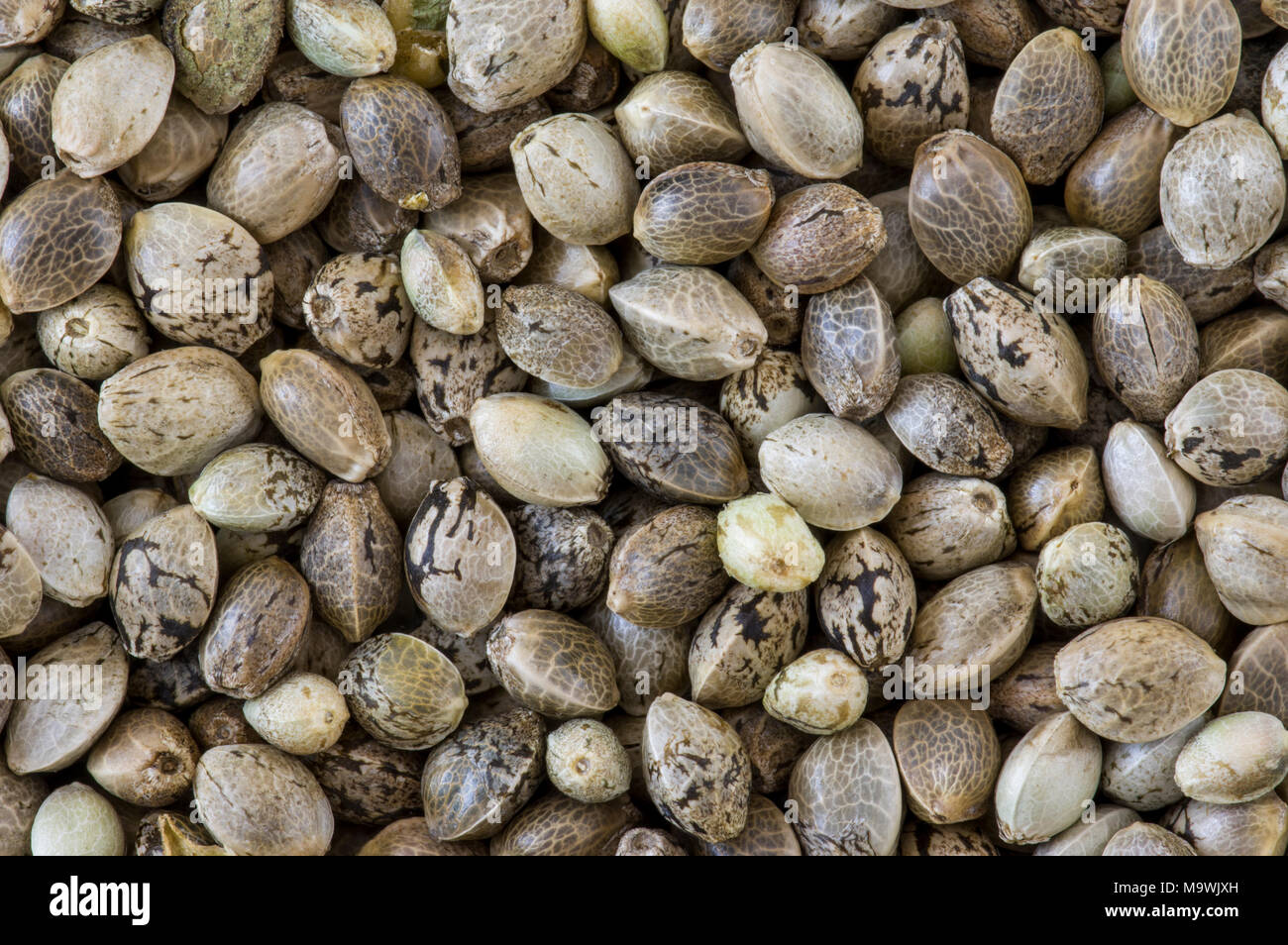In new years, the world wide hashish business has seasoned exponential development, with raising recognition of the plant’s medicinal and recreational possible. Among the the key players in this burgeoning marketplace are hashish seed producers and distributors. Even so, navigating the complicated landscape of worldwide polices governing hashish seeds can be complicated. In this short article, we’ll delve into the intricacies of hashish seed rules, exploring the numerous aspects that affect international trade in this burgeoning sector.
Being familiar with Hashish Seed Rules:
Right before delving into international trade, it is essential to have a good grasp of the polices governing cannabis seeds at the two the countrywide and international levels. When some international locations have legalized hashish for professional medical or leisure use, other individuals manage rigid prohibitions on its cultivation, sale, and possession. These different regulatory frameworks substantially impact the import and export of hashish seeds.
Legalization Position:
The initially step in understanding cannabis seed rules is to evaluate the legalization standing of hashish in the countries associated in trade. Some nations, this sort of as Canada, Uruguay, and selected states in the United States, have legalized hashish for both professional medical and leisure functions. In contrast, other folks strictly prohibit its cultivation and use.
Seed Versions:
Not all cannabis seeds are designed equivalent in the eyes of the law. Unique jurisdictions may perhaps have distinct restrictions relating to the styles of hashish seeds that can be imported or exported. For occasion, whilst industrial hemp seeds that contains negligible concentrations of THC (tetrahydrocannabinol) could be issue to much less constraints, seeds for higher-THC hashish strains could encounter tighter regulations.
Licensing and Permits:
In many countries, the cultivation and sale of hashish seeds are tightly regulated, requiring licenses and permits from government authorities. These licenses might specify situations this sort of as seed origin, genetic lineage, and THC information. Importers and exporters should guarantee compliance with these specifications to keep away from lawful repercussions.
Top quality Regulate and Screening:
Guaranteeing the high quality and genetic integrity of cannabis seeds is paramount in intercontinental trade. A lot of nations impose demanding high quality control steps, together with laboratory tests for genetic purity, THC degrees, and the existence of contaminants this kind of as pesticides and pathogens. Compliance with these expectations is necessary for seed producers and distributors trying to find to enter worldwide marketplaces.
go to my blog :
With an understanding of the regulatory landscape, let’s take a look at the crucial concerns for worldwide trade in cannabis seeds.

Trade Agreements and Treaties:
International trade in hashish seeds is motivated by several bilateral and multilateral agreements and treaties. For instance, the United Nations Single Conference on Narcotic Medications regulates the generation and distribution of cannabis and its derivatives on a world scale. Additionally, regional trade agreements could influence the movement of cannabis seeds amongst member states.
Import and Export Restrictions:
Several nations impose import and export limits on hashish seeds to stop illicit trafficking and make sure compliance with domestic regulations. Importers and exporters should get the vital permits and documentation from pertinent authorities to aid the lawful transfer of seeds throughout borders.
Customs Clearance and Inspections:
Cross-border shipments of hashish seeds are subject matter to customs clearance procedures and inspections to verify compliance with regulatory prerequisites. Importers and exporters have to correctly declare the contents of their shipments and present supporting documentation to expedite the clearance procedure.
Transportation and Packaging:
The transportation of hashish seeds needs very careful thought of packaging, labeling, and storage problems to maintain seed viability and avert contamination. Seed shipments should comply with intercontinental requirements for packaging and labeling, together with distinct identification of seed types, origin, and supposed use.
Compliance and Owing Diligence:
To mitigate lawful pitfalls and be certain regulatory compliance, importers and exporters of cannabis seeds have to conduct complete thanks diligence on their buying and selling partners and provide chains. This involves verifying the legitimacy of seed producers, acquiring necessary permits and certifications, and documenting all transactions in accordance with relevant laws.
Conclusion:
In conclusion, navigating the regulatory landscape of hashish seed trade requires a detailed comprehending of countrywide and international restrictions, as perfectly as diligent compliance with lawful specifications. By keeping knowledgeable and adhering to ideal procedures in good quality handle, licensing, and documentation, seed producers and distributors can properly navigate the complexities of intercontinental trade and lead to the advancement of the global cannabis sector.
By adherence to laws and ideal practices, the international trade of hashish seeds can prosper, supporting the enlargement of legal hashish marketplaces and fostering innovation in seed genetics and cultivation methods
